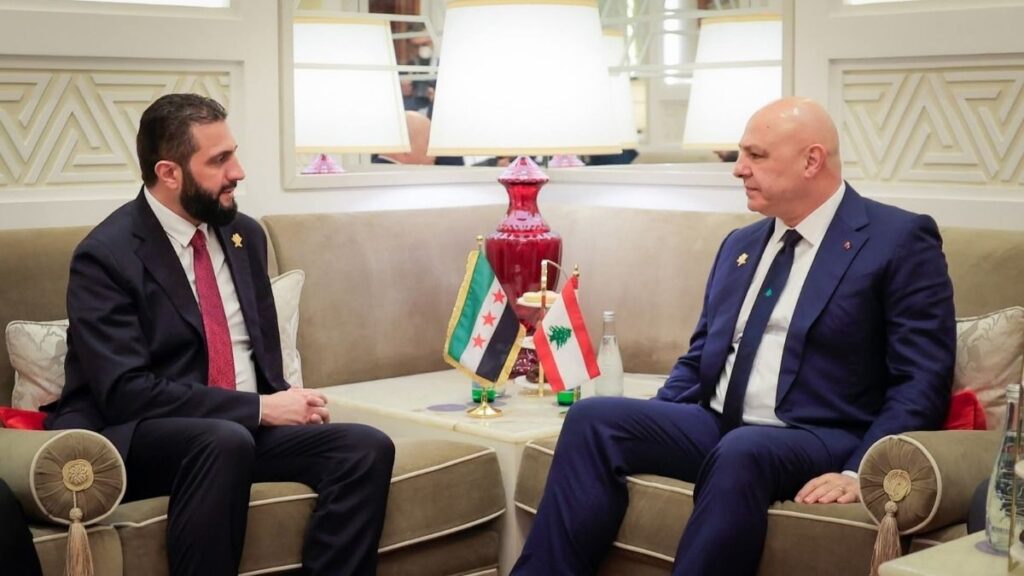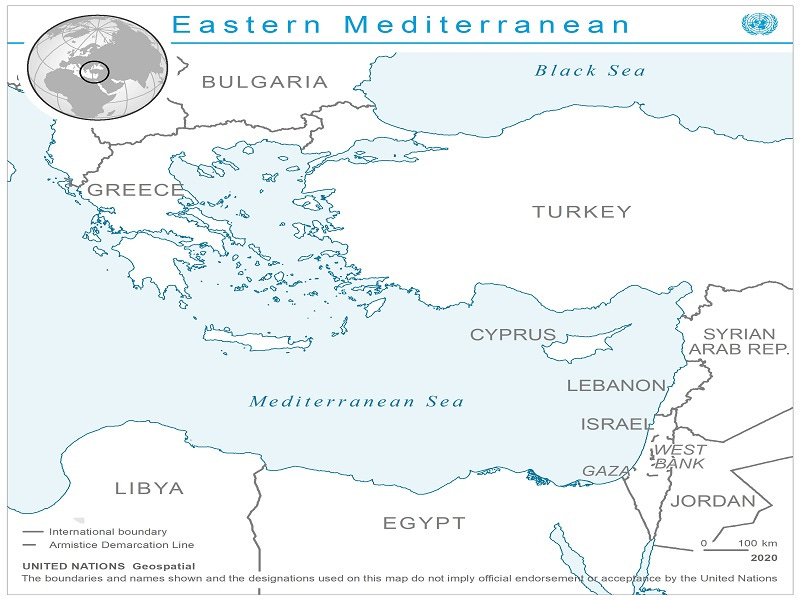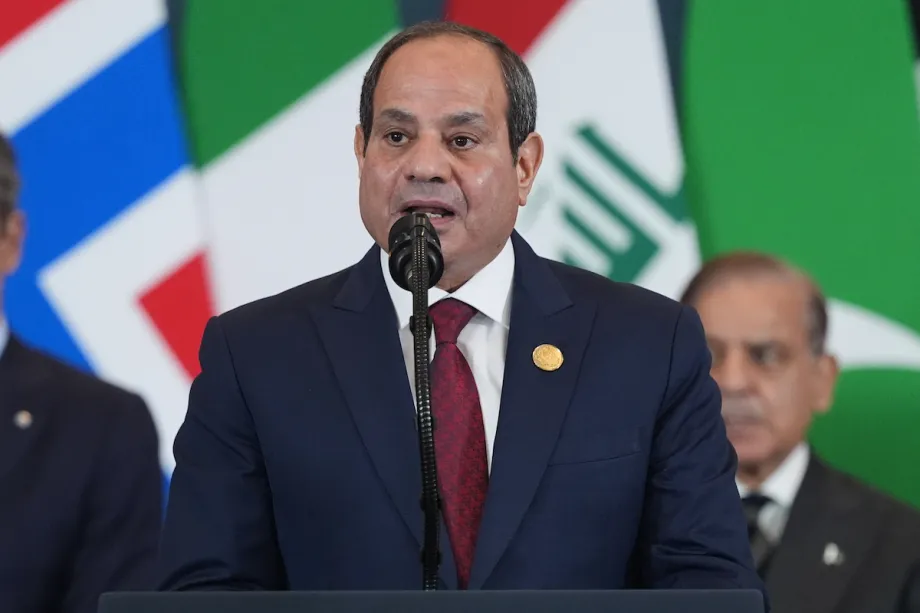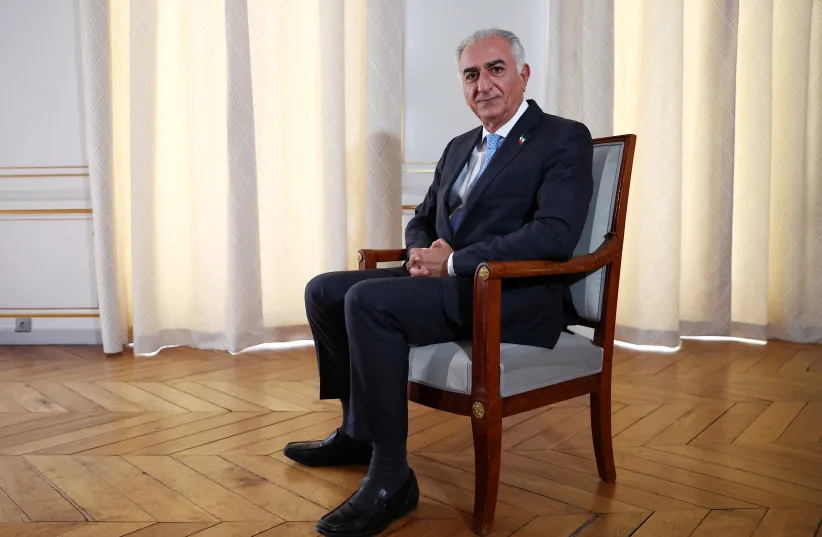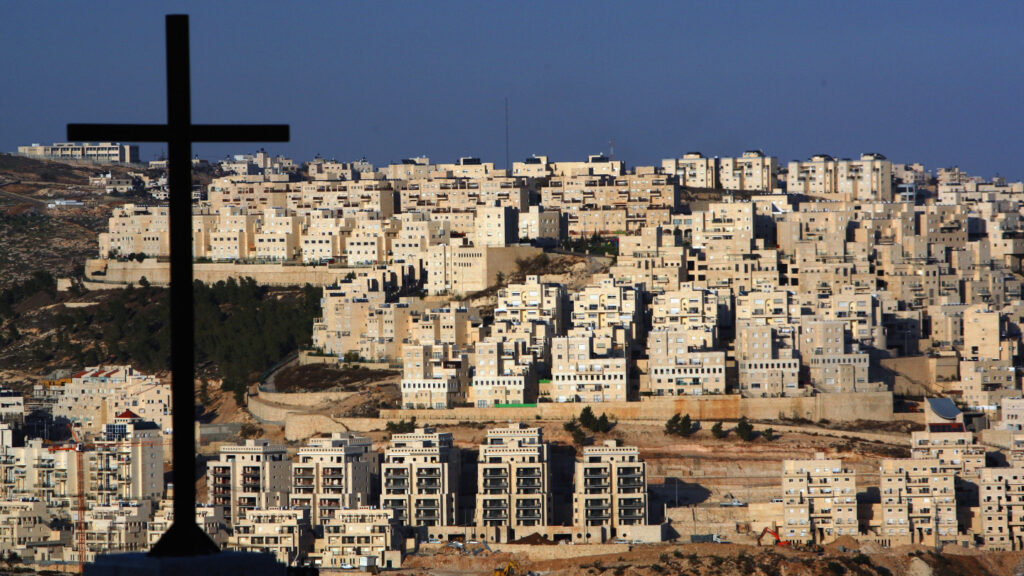Iran: Deaths and injuries rise amid authorities’ renewed cycle of protest bloodshed
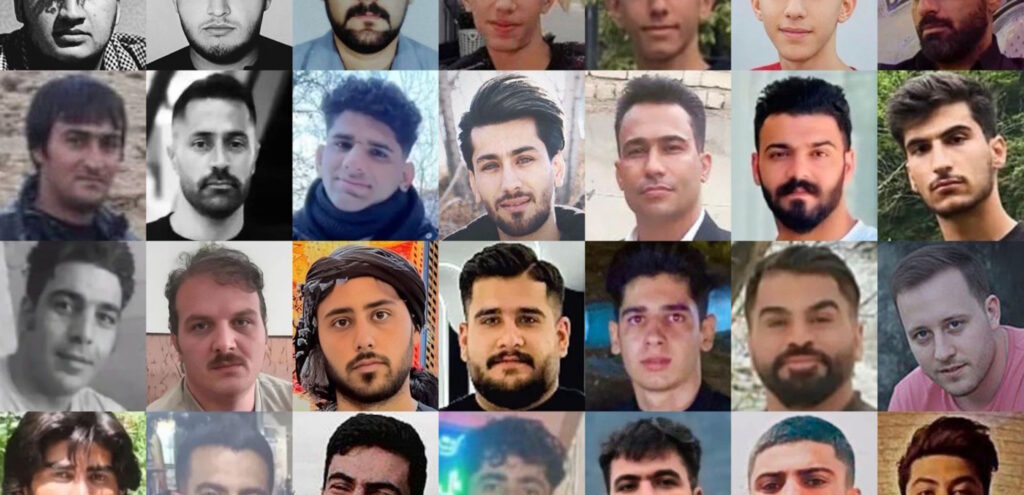
Iranian authorities have unleashed a deadly crackdown on protesters across the country since 28 December 2025, marked by security forces’ unlawful use of force and firearms and mass arbitrary arrests, Amnesty International and Human Rights Watch said today.


